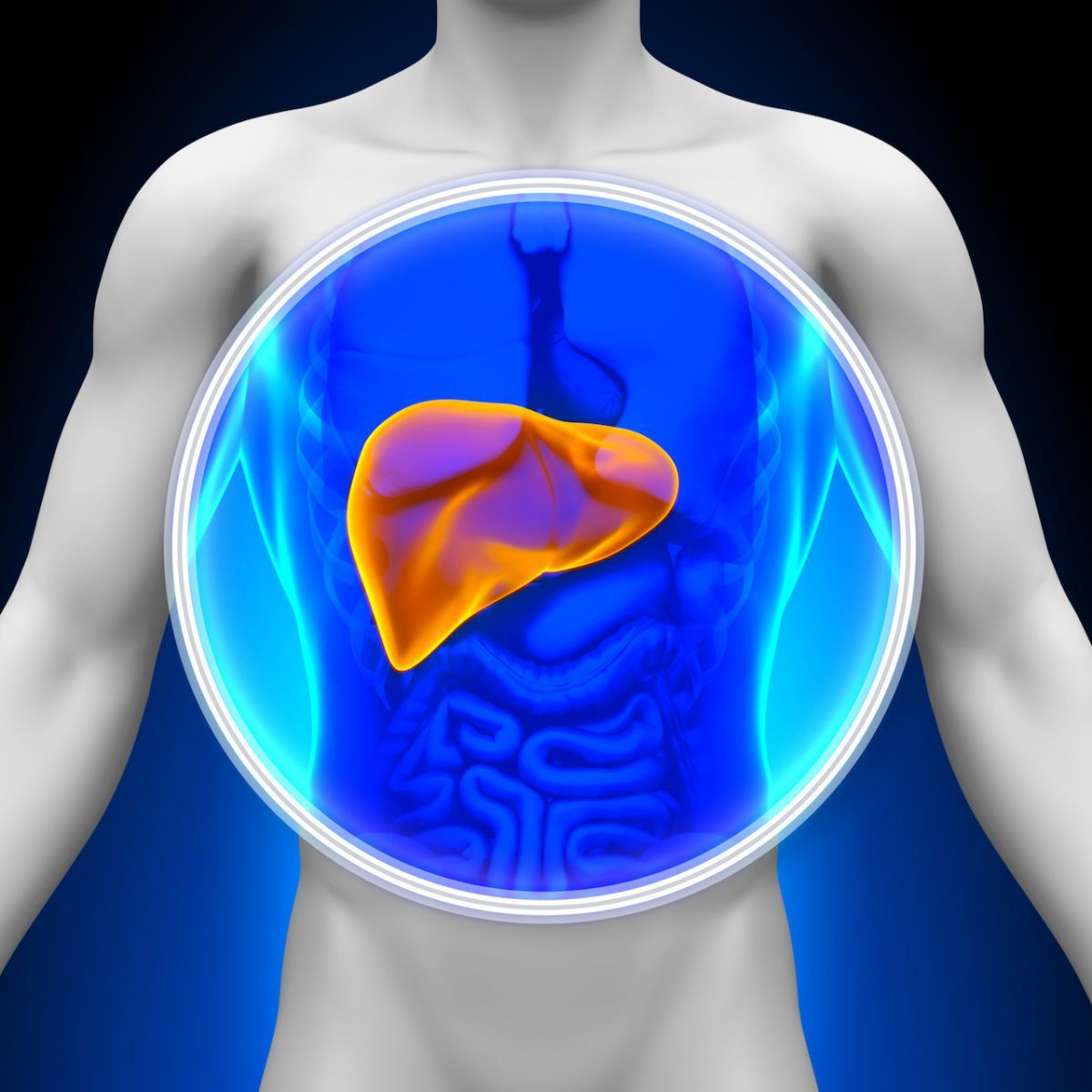News
Article
Hydroxychloroquine Treatment of Rheumatoid Arthritis Lowered Risk of Nonalcoholic Fatty Liver Disease
Author(s):
This new research presented at ACR Convergence 2023 led to several notable findings for patients with rheumatoid arthritis.

The treatment of patients with rheumatoid arthritis (RA) with the drug hydroxychloroquine (HCQ) is linked to diminished risk of nonalcoholic fatty liver disease (NAFLD), according to new findings, and this is particularly seen among women who were 50 years of age and younger.1
These findings are among those presented at the annual American College of Rheumatology (ACR) Convergence 2023. The research was led by Hsin-Hua Chen, MD, PhD, and Chen’s collaborators at Taichung Veterans General Hospital in Taiwan.
RA is known for being a systemic autoimmune inflammatory disease that is characterized by persistent inflammation of patients’ joints, resulting in damage as well as loss of function. The condition may also affect bodily organs such as the heart, eyes, and lungs.
While NAFLD is not known to be a conventional complication of RA, the disease is found in around 35% of men and 22% of women with RA. Nonalcoholic fatty liver disease is also known to appear in around 75% of those who are overweight and 90% of those that have severe obesity.3
While these statistics on the condition are widely-known, this study may be notable for rheumatologists given that there are currently no US Food and Drug Administration (FDA)-approved treatments for NAFLD.
In this study, which built upon prior indications of HCQ's ability to mitigate risk, the investigators drew data from Taiwan's National Health Insurance Research Database that spanned from 2000 - 2020 and involved over 21,000 individuals.
These patients in the database had a mean age of 51.9 and they had a female-to-male ratio of 3 to 2. The investigators utilized a time-varying, multivariable Cox regression model as a means to assess adjusted hazard ratio estimates.
Overall, the investigators reported that 399 study subjects, or 1.86% of the total, were found to have developed NAFLD in 8 years. The team noted that, interestingly, HCQ use was shown to be associated with a much lower risk of development of NAFLD. This was particularly observed among women under the age of 50 years.
The research team also pointed out other risk factors for development of NAFLD, and soe of these included higher prednisone doses, obesity, and nonsteroidal anti-inflammatory drugs (NSAIDs). They also found that less traditional variables such as patients having diabetes or higher levels of cholesterol were shown not to be prevalent in this RA group.
Chen suggests caution due to the study's reliance on claims data and recommends regular liver function tests, with increased frequency for RA patients on medications with potential liver toxicity.2
“The mechanism of decreasing the risk of NAFLD by HCQ may be its [ability] to increase adiponectin levels,” Chen said in a statement. “Estrogen has been reported to inhibit adiponectin production and estrogens are inversely associated with adiponectin levels. Therefore, the reduced NAFLD risk with HCQ may be more prominent in premenopausal women.”
Chen and colleagues did acknowledge that their research’s primary limitation may have been its inclusion of claims data, which does not prevent possible confounding biases.
“Only a double-blind randomized controlled trial can confirm the effect of hydroxychloroquine on prevention or treatment of NAFLD,” Chen concluded in this statement.
Chen’s acknowledgement points again to the need for patients to eventually gain access to an FDA-approved treatment for NAFLD. Groups such as the American Liver Foundation, in the meantime, have programs for patients such as “Think Liver Think Life” to raise awareness of the need for early screenings for NAFLD.3
Some have speculated that the lack of a treatment, despite the many diseases of the liver, could be related to its connection with alcohol and the connotations that this connection has even for NAFLD patients.
The approval of a drug in the near future by the FDA may draw further attention to this disease and to the patients who still continue to face NAFLD.
The research explored here was funded by Taichung Veterans Hospital and Chiayi Branch, Taichung General Veterans Hospital.
References
- Chen H, CHEN D. Hydroxychloroquine Is Associated with a Decreased Risk of Non-alcoholic Fatty Liver Disease in Patients with Rheumatoid Arthritis: A Population-based, Cohort Study [abstract]. Arthritis Rheumatol. 2023; 75 (suppl 9). https://acrabstracts.org/abstract/hydroxychloroquine-is-associated-with-a-decreased-risk-of-non-alcoholic-fatty-liver-disease-in-patients-with-rheumatoid-arthritis-a-population-based-cohort-study/. Accessed November 10, 2023.
- Study Finds Hydroxychloroquine Lowers Risk of Nonalcoholic Fatty Liver Disease in Rheumatoid Arthritis Patients. American College of Rheumatology. November 7, 2023. Date accessed: November 10, 2023. https://rheumatology.org/press-releases/study-finds-hcq-lowers-risk-of-nonalcoholic-fatty-liver-disease-in-ra-patients.
- Walter K. Often Neglected, Hope is on the Way for Fatty Liver Disease Patients. HCPLive. March 29, 2023. Date accessed: November 10, 2023. https://www.hcplive.com/view/often-neglected-hope-fatty-liver-disease-patients.





